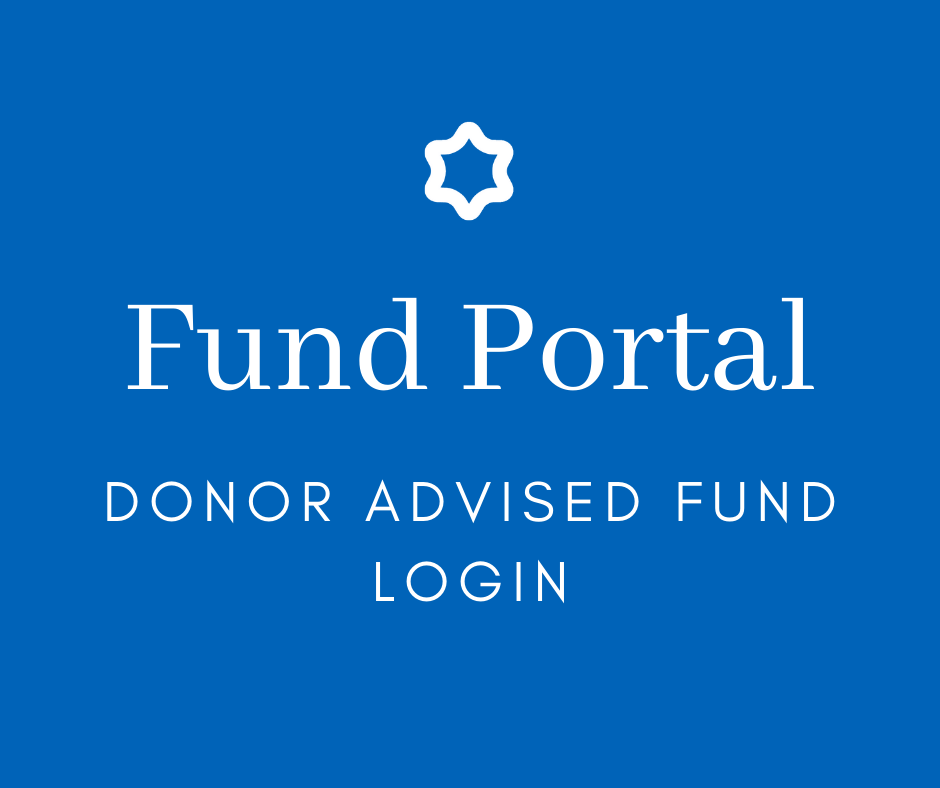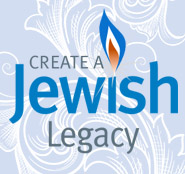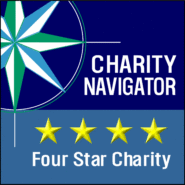
Bequests
A bequest is a charitable gift that you make to the Jewish Community Foundation through your will or through a trust.
How it works
Bequests are especially flexible, making them a popular choice for planned giving. You can make a specific bequest of cash or a particular asset that will be sold so the Foundation receives the proceeds. You can make a residuary bequest where the Foundation and charities of your choice receive the remainder of your estate after all other gifts to beneficiaries have been made. You can also make a contingent bequest where the bequest will only be completed if certain circumstances have been met. Options for giving include cash, securities, real estate or marketable collectibles. Your financial or legal advisor can draft a bequest so that the gift can support a specific purpose or general operations.
Benefits of a Bequest
- Support a specific purpose or general operations
- Gift costs nothing during your lifetime
- Keep control of and benefit from your asset while you need it, then make a substantial after lifetime gift
- Modify or revoke your gift if circumstances change
- Donation exempt from federal estate taxes
- May avoid capital gains taxes if donating long-term appreciated assets
Why choose a Bequest?
Bequests are useful vehicles for charitable giving because your assets and your cash flow are not affected during your lifetime. You can have the benefit and control of the assets and transfer them to a charity only after you no longer need them. Bequests may allow you to make a far larger gift than you might have thought possible because you can continue to fulfill your financial desires and commitments during your lifetime and because you can revoke or modify the gift if your circumstances change.
What is the difference between a will and a trust?
Wills and trusts are different tools that can accomplish the same goal of directing how your assets will be distributed after your lifetime.
A will is a document that instructs your survivors on the distribution of your property. Your will is a private document that only takes effect after your lifetime, and it can be revoked or changed. Wills must go through probate which is a routine process where the will is proved valid in court. The process identifies, inventories, and appraises property and then pays debts and taxes before distributing any remaining property.
A trust is an entity that holds assets during your lifetime and then transfers the ownership or benefits after your lifetime. Trusts can also be revoked or changed. Unlike a will, trusts avoid the probate process and remain private.






